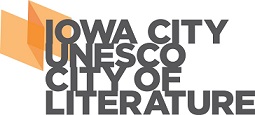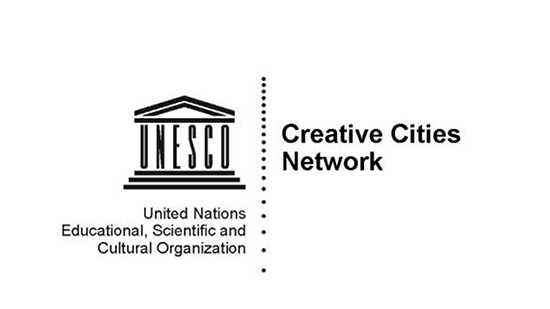UNESCO Creative Cities Network
Current Cities of Literature (listed in order of designation)
- Edinburgh, Scotland (2004)
- Melbourne, Victoria, Australia (2008)
- Iowa City, Iowa, United States (2008)
- Dublin, Ireland (2010)
- Reykjavík, Iceland (2011)
- Norwich, England (2012)
- Kraków, Poland (2013)
- Heidelberg, Germany (2014)
- Dunedin, New Zealand (2014)
- Granada, Spain (2014)
- Prague, Czech Republic (2014)
- Baghdad, Iraq (2015)
- Barcelona, Spain (2015)
- Ljubljana, Slovenia (2015)
- Lviv, Ukraine (2015)
- Montevideo, Uruguay (2015)
- Nottingham, England (2015)
- Óbidos, Portugal (2015)
- Tartu, Estonia (2015)
- Ulyanovsk, Russia (2015)
- Bucheon, Republic of Korea (2017)
- Durban, South Africa (2017)
- Lillehammer, Norway (2017)
- Milan, Italy (2017)
- Québec City, Canada (2017)
- Seattle, Washington, United States (2017)
- Utrecht, Netherlands (2017)
- Angoulême, France (2019)
- Beirut, Lebanon (2019)
- Exeter, United Kingdom (2019)
- Kuhmo, Finland (2019)
- Lahore, Pakistan (2019)
- Leeuwarden, Netherlands (2019)
- Nanjing, China (2019)
- Odessa, Ukraine (2019)
- Wonju, Republic of Korea (2019)
- Wrocław, Poland (2019)
- Slemani, Iraq (2019)
- Gothenburg, Sweden (2021)
- Jakarta, Indonesia (2021)
- Vilnius, Lithuania (2021)
Learn more about our network at www.CitiesofLit.com.
Current U.S. Creative Cities (listed in order of designation)
- Santa Fe, New Mexico (Craft and Folk Art, 2005)
- Paducah, Kentucky (Craft and Folk Art, 2013)
- Austin, Texas (Media Art, 2015)
- Detroit, Michigan (Design, 2015)
- Tucson, Arizona (Gastronomy, 2015)
- Kansas City, Missouri (Music, 2017)
- San Antonio, Texas (Gastronomy 2017)
- Seattle, Washington (Literature, 2017)
About The Creative Cities Network
The UNESCO Creative Cities Network (UCCN) was created in 2004 to promote cooperation with and among cities that have identified creativity as a strategic factor for sustainable urban development. The 295 cities that comprise this network work together towards a common objective: placing creativity and cultural industries at the heart of their development plans at the local level and cooperating actively at the international level.
By joining the Network, cities commit to sharing their best practices and developing partnerships involving the public and private sectors as well as civil society in order to:
- strengthen the creation, production, distribution and dissemination of cultural activities, goods and services
- develop hubs of creativity and innovation and broaden opportunities for creators and professionals in the cultural sector
- improve access to and participation in cultural life, in particular for marginalized or vulnerable groups and individuals
- fully integrate culture and creativity into sustainable development plans
The Network covers seven creative fields: Crafts and Folk Arts, Media Arts, Film, Design, Gastronomy, Literature and Music.
Forty-two cities are currently part of the Cities of Literature network. The UNESCO designation “City of Literature” recognizes excellence and places an obligation on communities to nurture and support their artform and collaborate internationally. This should be done by sharing best practices, supporting freedom of speech and instigating projects that ensure literature reaches as wide and diverse an audience as possible, locally and globally.


More details on the Creative Cities and for details on how a city can apply to become part of the UNESCO Creative Cities Network is available here.
Media: Learn more about the Cities of Literature in our press pack.

